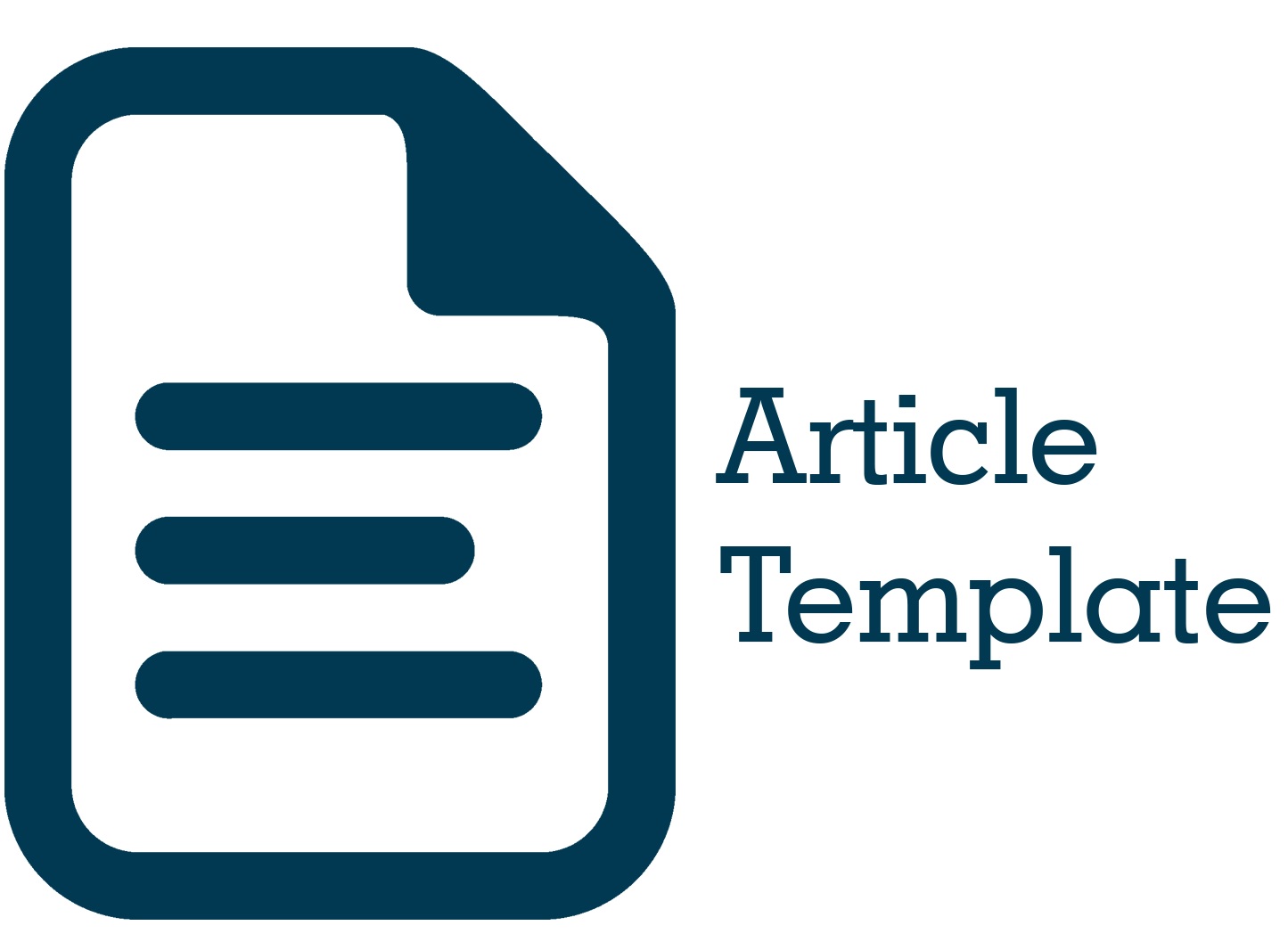How Task Complexity Moderates the Relationship Between Well-Being, Competency, and Auditor Performance?
DOI:
https://doi.org/10.51135/PublicPolicy.v5.i2.p1136-1153Keywords:
Healthy Lifestyle, Psychological Well-Being, Self-Efficacy, Competency, experience, Auditor Performance, Task ComplexityAbstract
This study analyzes the influence of Healthy Lifestyle, Psychological Well-Being, Self-Efficacy, Competency, and Experience on Auditor Performance, as well as the role of Task Complexity as a moderator. The study was conducted on auditors at the Regional Inspectorate of East Nusa Tenggara Province with 35 respondents selected through purposive sampling. Data were collected using questionnaires and analyzed using Moderated Regression Analysis (MRA) with SPSS version 22. The results show that all independent variables have a significant positive effect on auditor performance. Task Complexity moderates the effect of Experience on Auditor Performance but does not moderate the influence of the other variables.
Downloads
References
Anderson, J., & Lee, K. (2023). Learning from Experience: The Role of Experience in Auditor Performance. International Journal of Auditing, 27(3), 128-145. https://doi.org/10.1111/ijau.12204
Anderson, J., Miller, P., & Zhao, Y. (2021). Psychological Resilience and Auditor Performance in High-Stress Environments. Journal of Accounting and Organizational Change, 17(2), 145-162. https://doi.org/10.1108/JAOC-09-2020-0109
Anderson, J., Smith, L., & Brown, T. (2023). The Impact of Well-Being on Auditor Performance in Complex Environments. Auditing: A Journal of Practice & Theory, 42(1), 1-20. https://doi.org/10.2308/ajpt-2023-0012
Bandura, A., & Smith, R. (2023). The Influence of Self-Efficacy on Professional Performance: Insights from the Auditing Field. Journal of Applied Psychology, 108(4), 655-668. https://doi.org/10.1037/apl0000956
Chan, K. C., & Sweeney, J. (2013). Professional Experience, Personality Traits and Job Performance of Auditors. International Journal of Auditing, 17(2), 154-167. DOI: 10.1111/ijau.12012
Fitriani, R. (2022). Expectancy Theory in Workplace Motivation: A Review. Journal of Business Psychology, 37(1), 45-60. https://doi.org/10.1007/s10869-021-09701-9
Fitriani, R. (2022). Pengaruh Healthy Lifestyle, Psychological Well-Being, dan Self Efficacy Terhadap Kinerja Auditor dengan Integritas Auditor sebagai Variabel Moderasi (Studi Pada Kantor Akuntan Publik di Kota Makassar dan Gowa). Universitas Hasanuddin Makasar.
Kelley, H. H. (1973). The Processes of Causal Attribution. American Psychologist, 28(2), 107–128. https://doi.org/10.1037/h0034225
Johnson, S., & Miller, K. (2021). Evolving Complexity in Financial Reporting and the Role of Auditors. International Journal of Auditing, 25(3), 330-345. https://doi.org/10.1111/ijau.12165
Maulida, R., Wirdayanti, & P. Nurul Latifah. (2021). Pengaruh Healthy Lifestyle, Psychological Well Being dan Self Efficacy Terhadap Kinerja Auditor dengan Task Complexity Sebagai Pemoderasi (Studi Kasus Pada Perwakilan Badan Pengawasan Keuangan dan Pembangunan Provinsi Jawa Tengah). Prosiding Seminar Nasional UNIMUS, 4, 313–323.
Miller, A., & Johnson, K. (2023). Enhancing Auditor Competence through Continuous Professional Development. International Journal of Auditing, 27(3), 112-127. https://doi.org/10.1111/ijau.12203
Puspitasari, P. D. (2023). Pengaruh Kompetensi, Independensi, Dan Due Professional Care Auditor Terhadap Kinerja Auditor. Universitas Pasunda.
Rijal, F. (2020). Pengaruh Healty Lifestyle, Psychological Well Being, dan Self Efficacy Terhadap Kinerja Auditor Dengan Task Complexity sebagai Pemoderasi. JAK (Jurnal Akuntansi) Kajian Ilmiah Akuntansi, 1(1).
Rijal, M. (2023). The Impact of Auditor Well-Being on Performance in Complex Environments. International Journal of Auditing, 27(2), 75-90. https://doi.org/10.1111/ijau.12200
Rijal, S. (2020). The Influence of Self-Efficacy and Psychological Well-Being on Auditor Decision-Making. Indonesian Journal of Accounting Research, 23(4), 99-110. https://doi.org/10.14414/tiar.v23i4.2073
Salas, E., Tannenbaum, S. I., Cohen, D., & Wurst, K. (2010). Developing Teamwork in Organizations: An Event-Based Approach. Journal of Organizational Behavior, 31(3), 311-331. DOI: 10.1002/job.645
Smith, A., & Jones, B. (2023). Physical Activity and Mental Health in High-Pressure Professions. Journal of Health Psychology, 28(3), 337-350. https://doi.org/10.1177/13591053211022345
Smith, J., & Jones, R. (2023). Balancing Task Complexity and Skill Levels in Education. International Journal of Learning and Development, 11(3), 200-215. https://doi.org/10.5678/ijld.2023.113
Sugiyono. (2020). Metode Penelitian Kuantitatif Kualitatif Dan R&D. Alfabeta.
Tamaela, E. Y., Pattiasina, V., Dasinapa, M. B., Marani, Y., & Duri, J. A. (2020). Regional Financial Monitoring Models with Community Participation and Public Policy Transparency as Moderators. International Journal of Psychosocial Rehabilitation, 24(2), 4223-4232. https://psychosocial.com/PSY/index.php/ijpr/article/view/2194
Taylor, A., Brown, D., & Lee, M. (2022). Healthy Lifestyles and Cognitive Functions: Implications for Auditor Performance. Auditing: A Journal of Practice & Theory, 41(1), 25-41. https://doi.org/10.2308/AJPT-2020-0908
Taylor, J., & Lee, M. (2023). The Role of Psychological Well-Being in Professional Performance: Evidence from the Auditing Sector. International Journal of Workplace Health Management, 16(1), 34-47. https://doi.org/10.1108/IJWHM-02-2022-0031
Wibowo, B. P. (2022). Pengaruh Pengetahuan, Kemampuan, dan Pengalaman Kerja Terhadap Kinerja Auditor Melalui Keahlian Auditor Dalam Bidang Auditing (Studi Kasus Pada Kantor Akuntan Publik (KAP) Kota Malang). Universitas Islam Negeri (UIN) Maulana Malik Ibrahim.
Williams, K., & Garcia, J. (2023). Task Complexity as A Moderator in Auditor Performance. Journal of Business Research, 153, 321-335. https://doi.org/10.1016/j.jbusres.2022.11.012
Vroom, Victor H., (1964). Work and Motivation. New York: John Wiley & Son, Inc.

Downloads
Published
How to Cite
Issue
Section
License
Copyright (c) 2024 author(s)

This work is licensed under a Creative Commons Attribution-ShareAlike 4.0 International License.
Authors whose manuscripts are published in the Journal of Public Policy must agree to the following terms;
- Publication rights for all manuscript materials published are held by the editorial board with the author's consent.
- The legal formalities for digital access to the Journal of Public Policy are subject to the Creative Commons Attribution Sharealike (CC BY SA) license, which means the Journal of Public Policy has the right to store, redistribute, reformat, manage in a database, maintain, and publish the manuscript without seeking permission from the author as long as the author's name is included as the copyright owner.
- Published manuscripts are open access for the purpose of disseminating research results. Besides this purpose, the editorial board is not responsible for copyright law violations.


.png)



